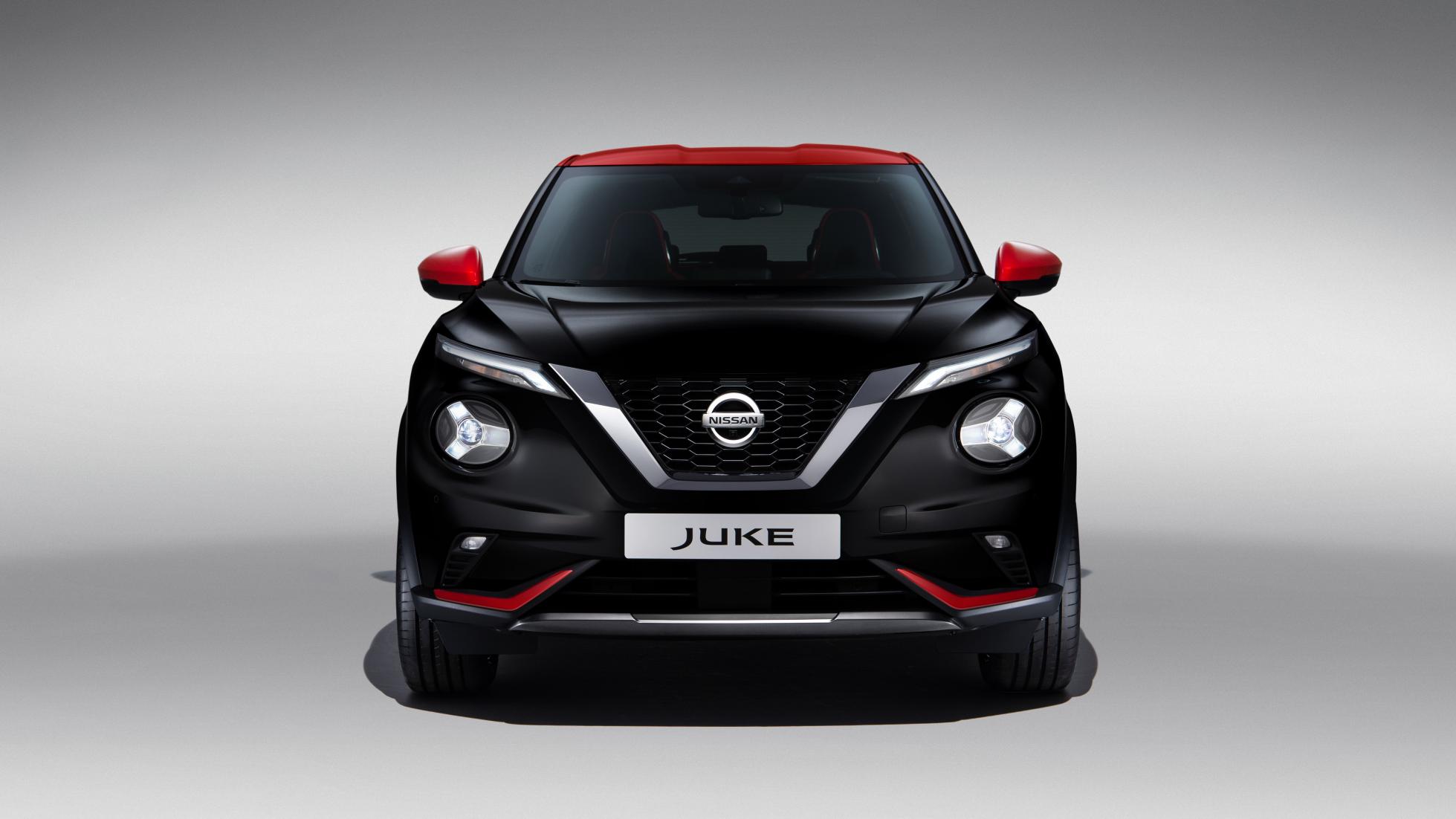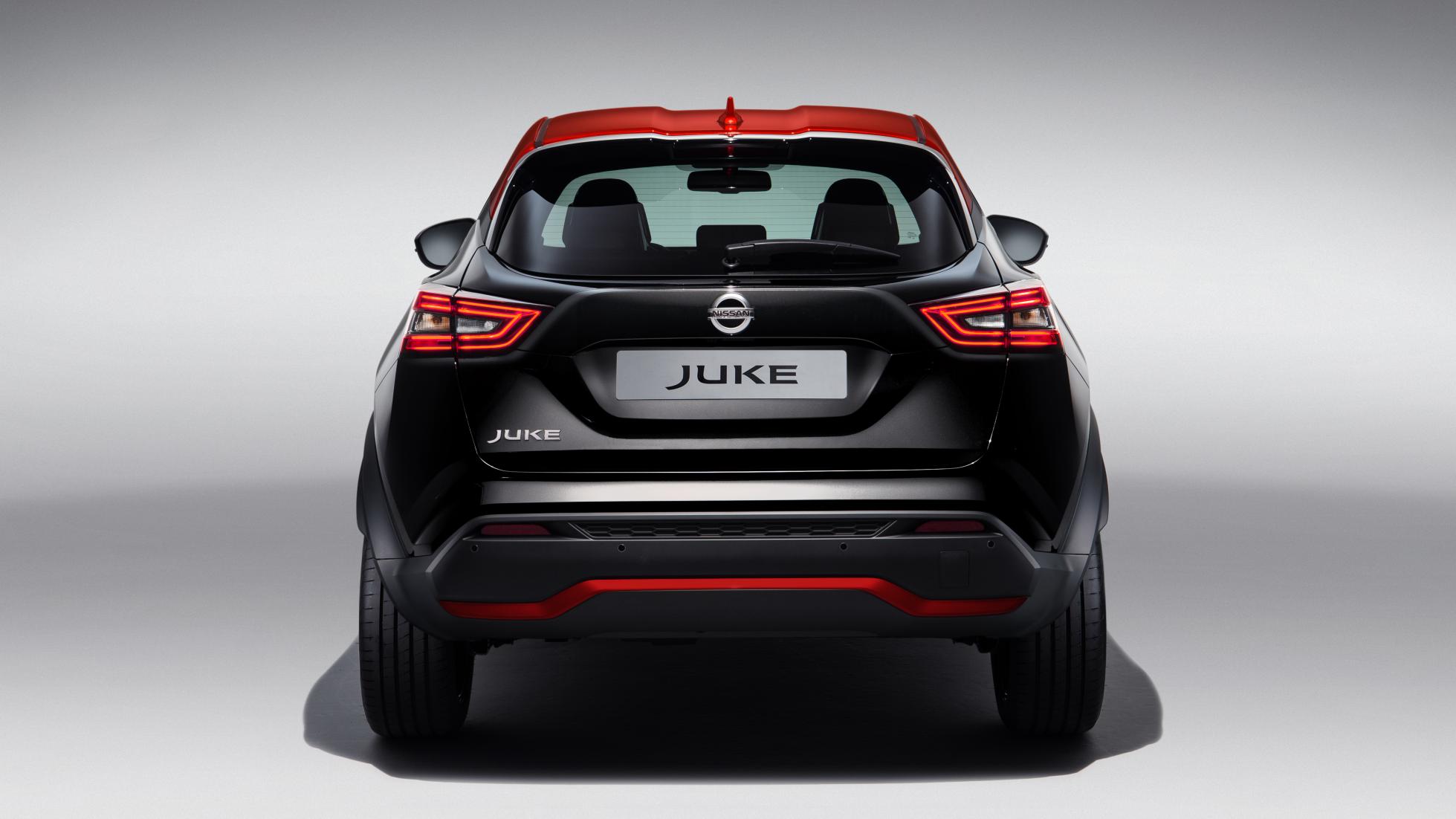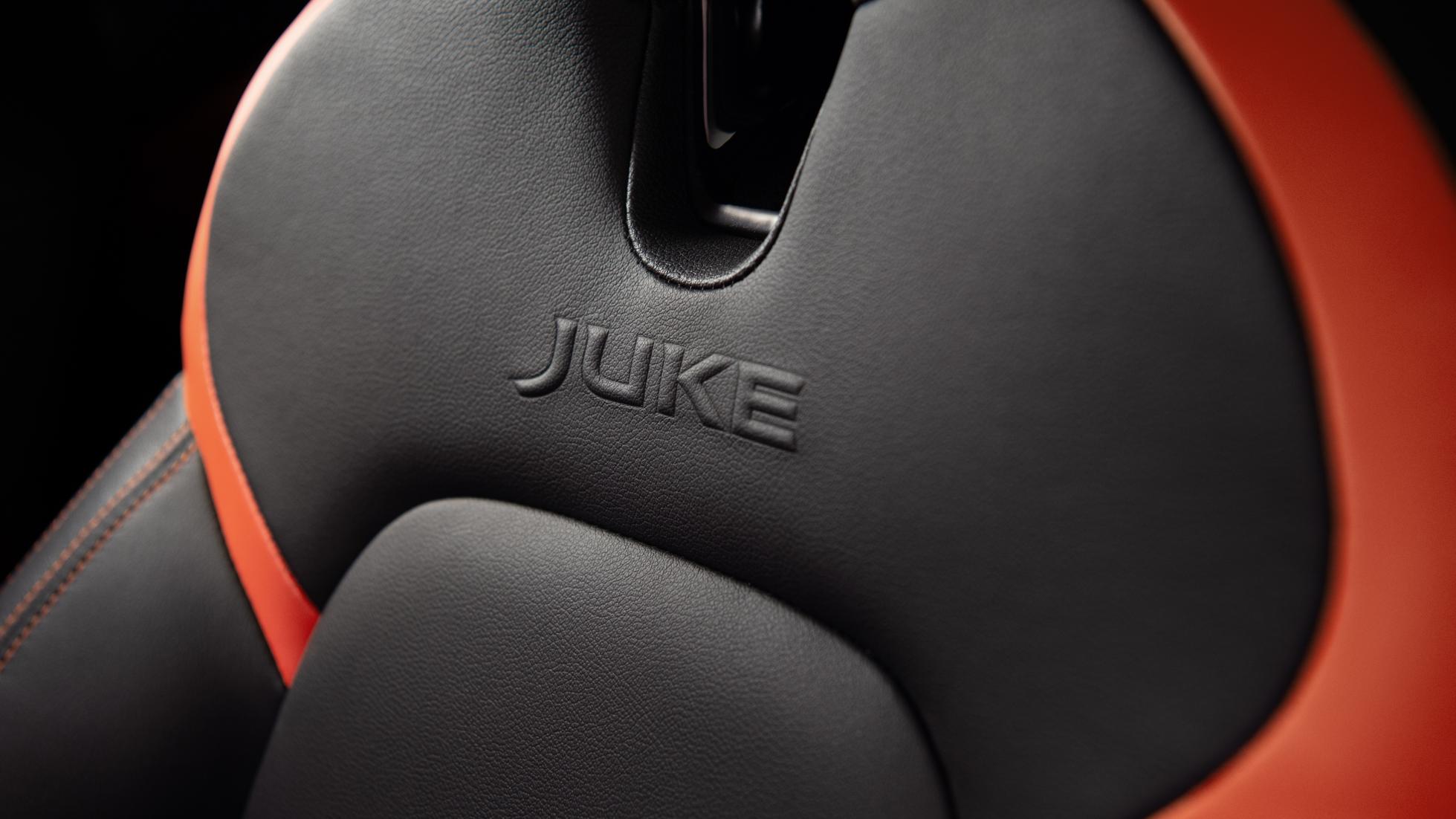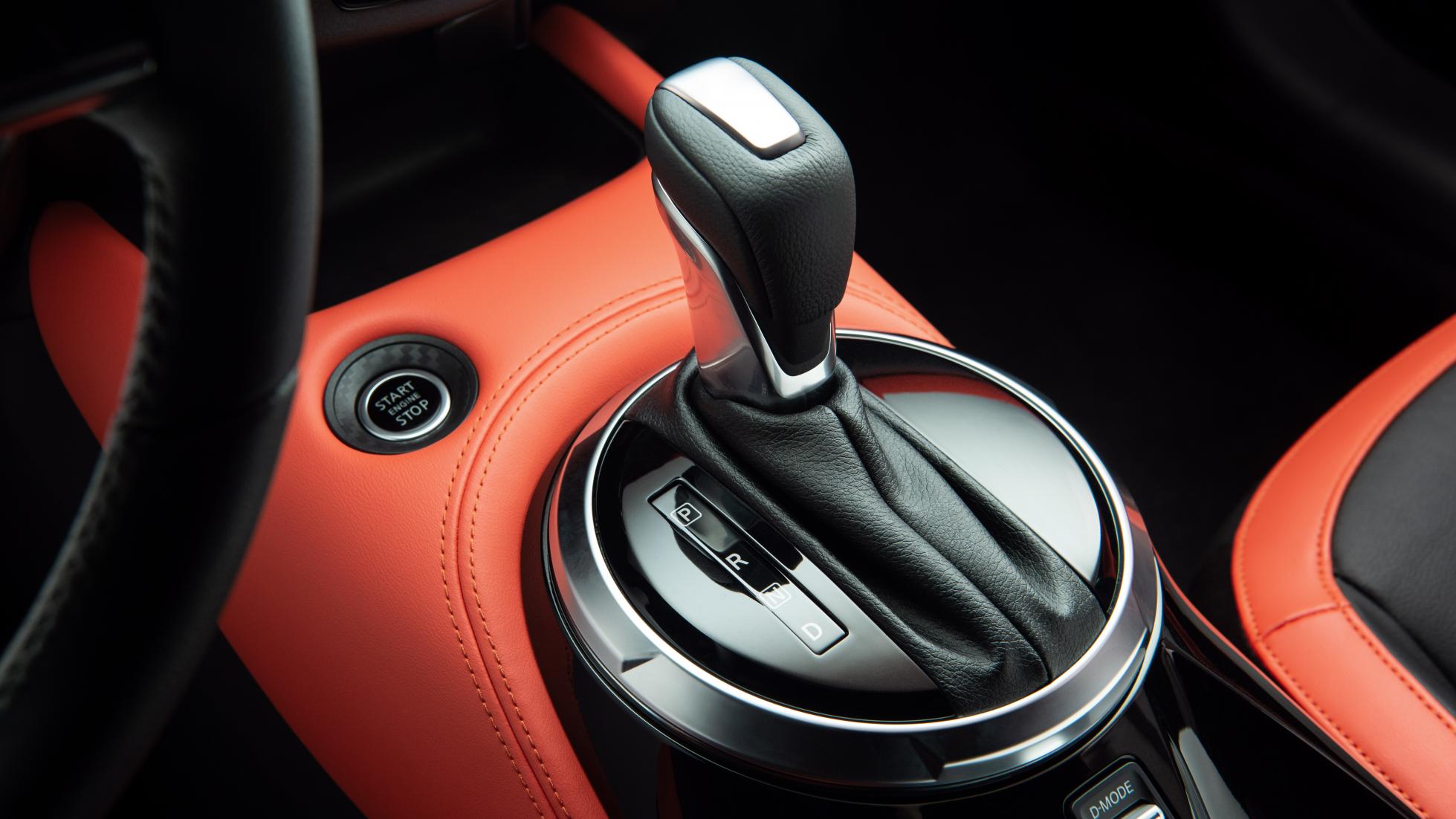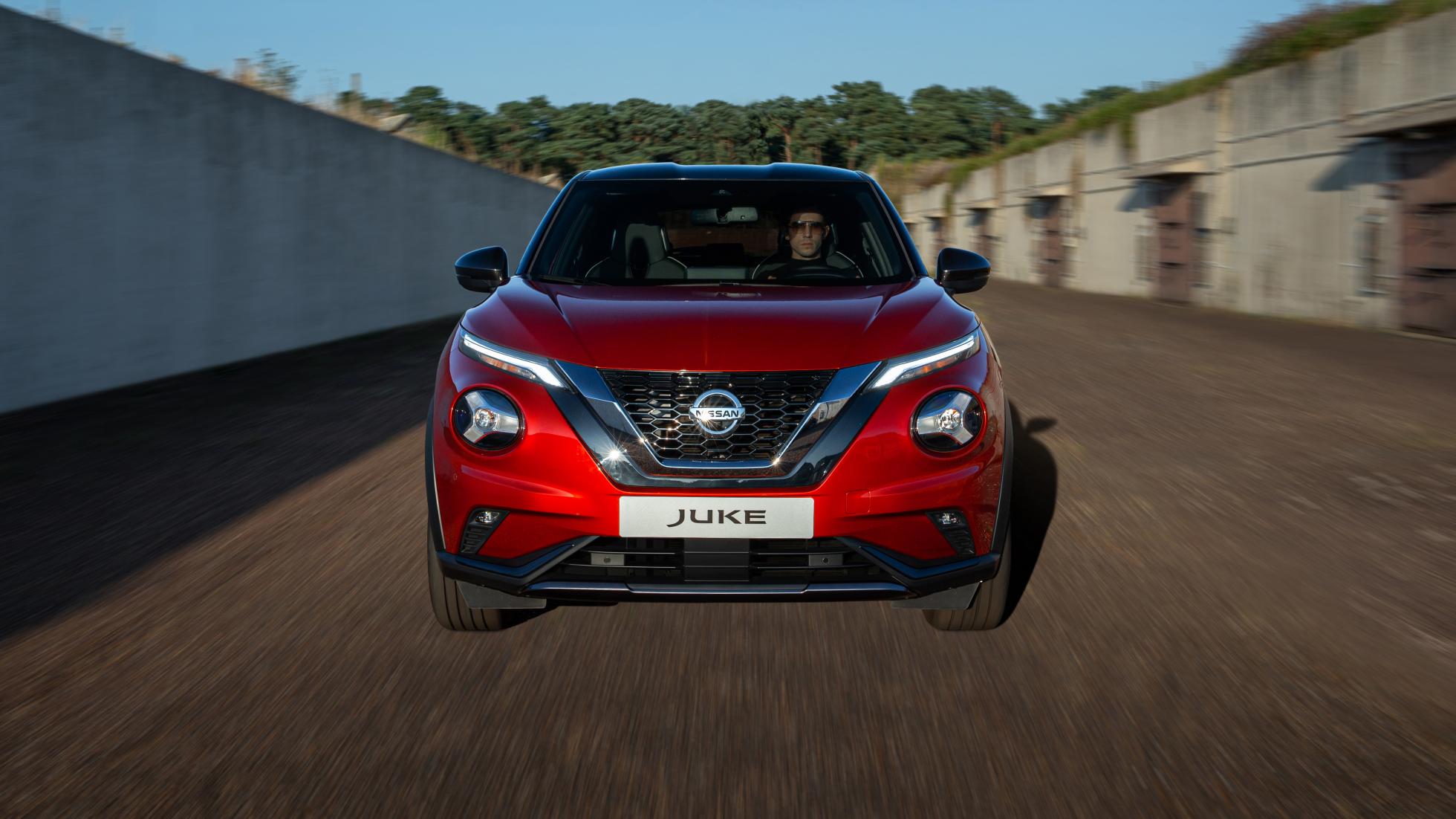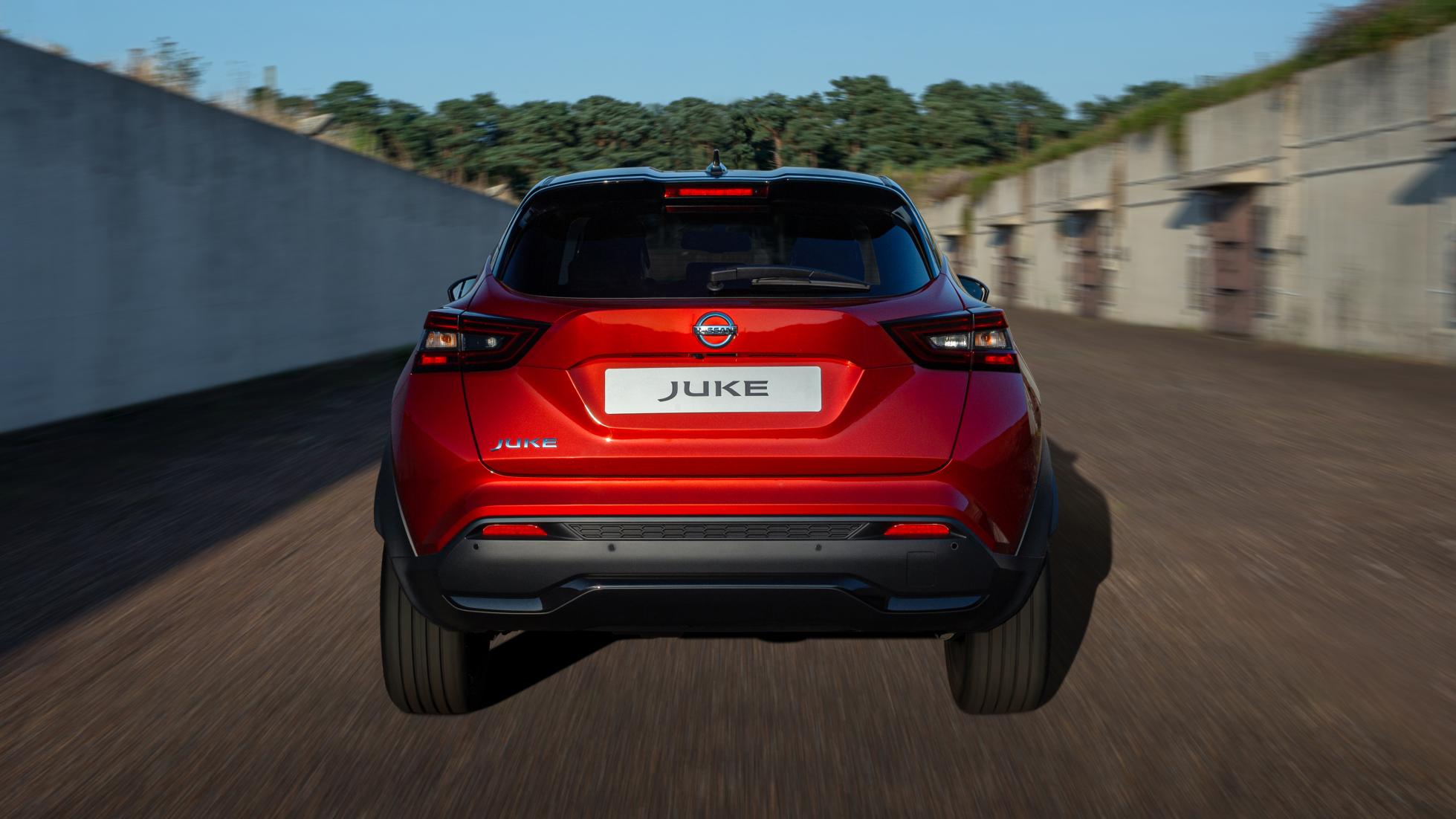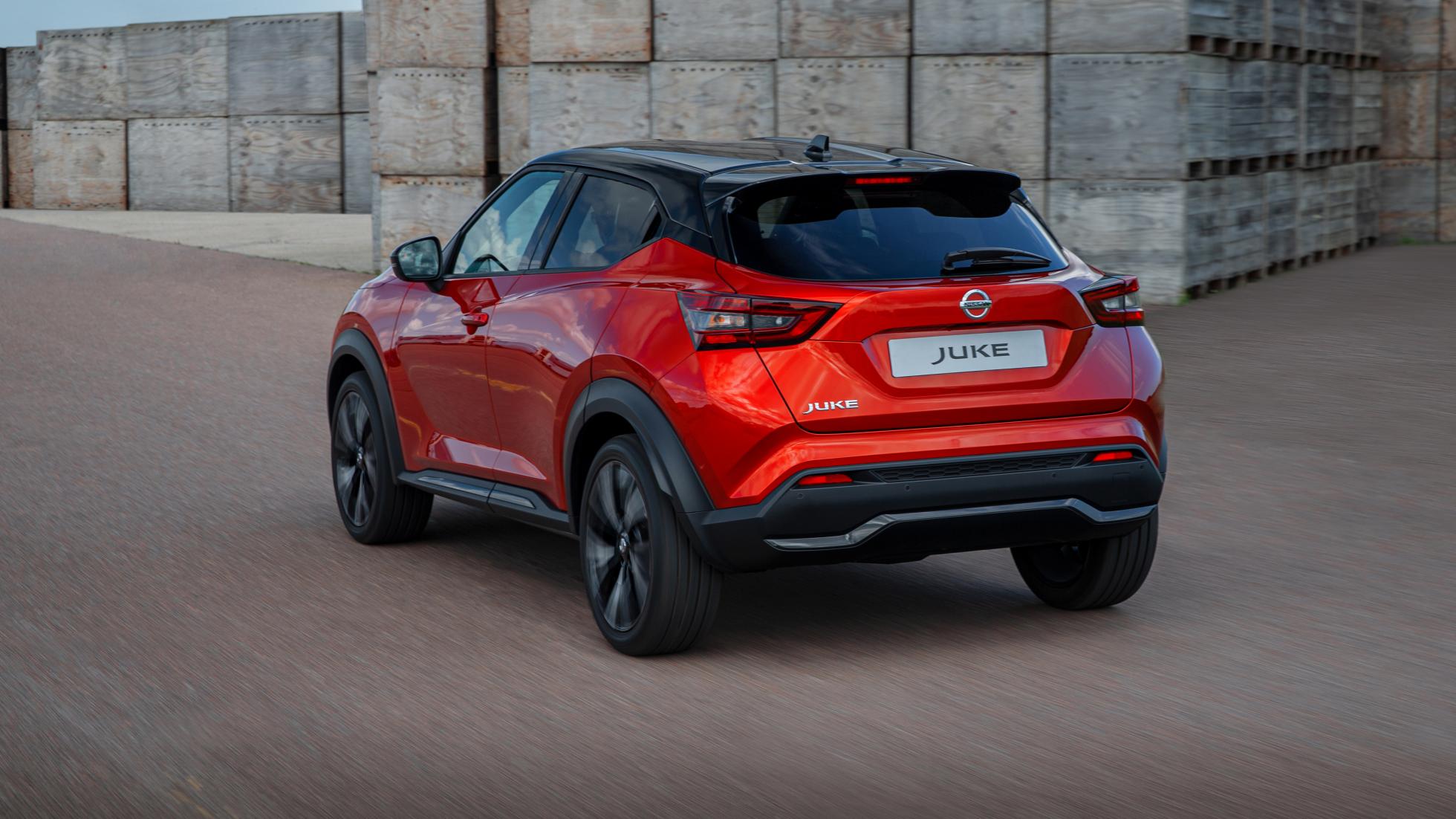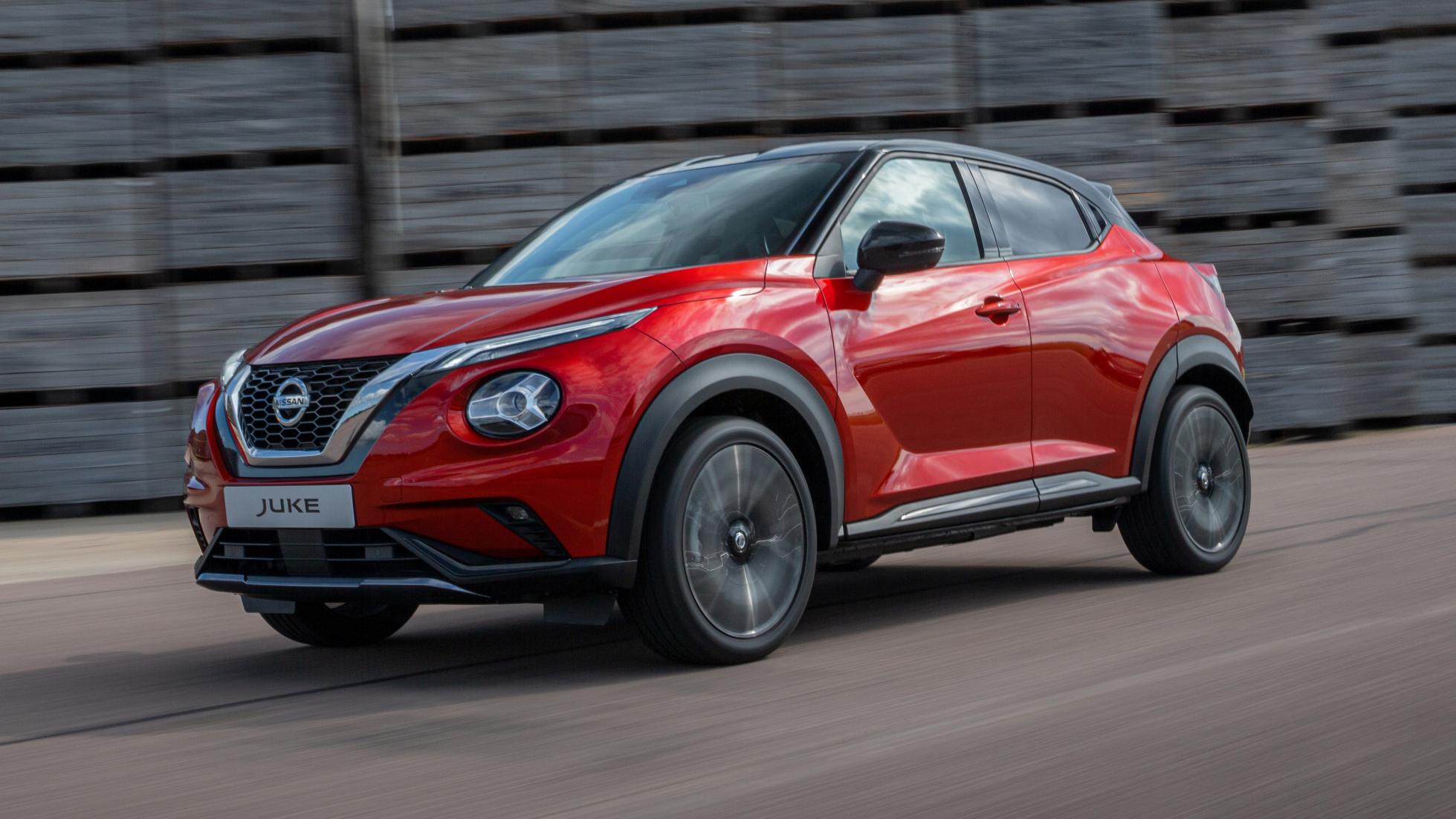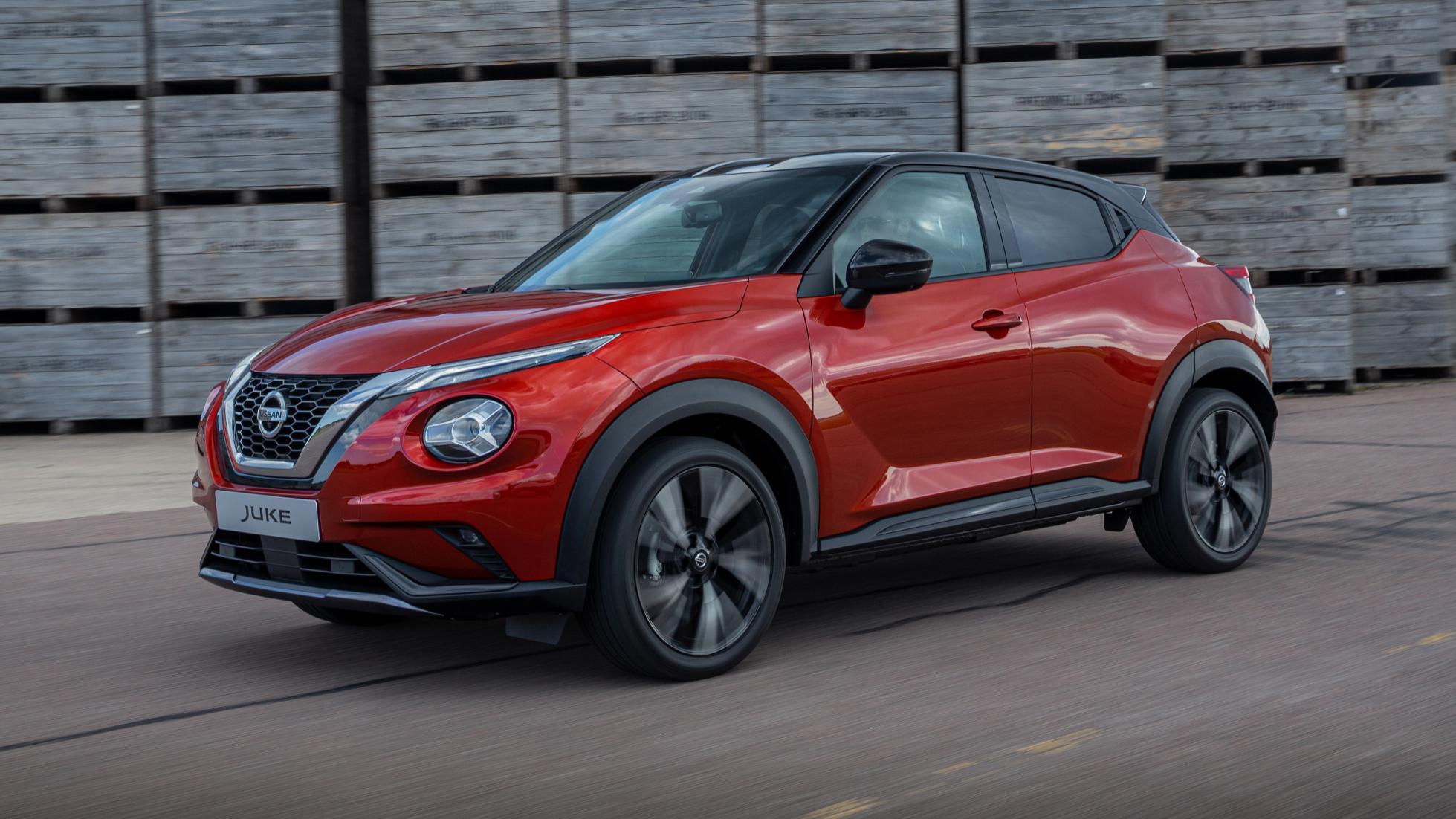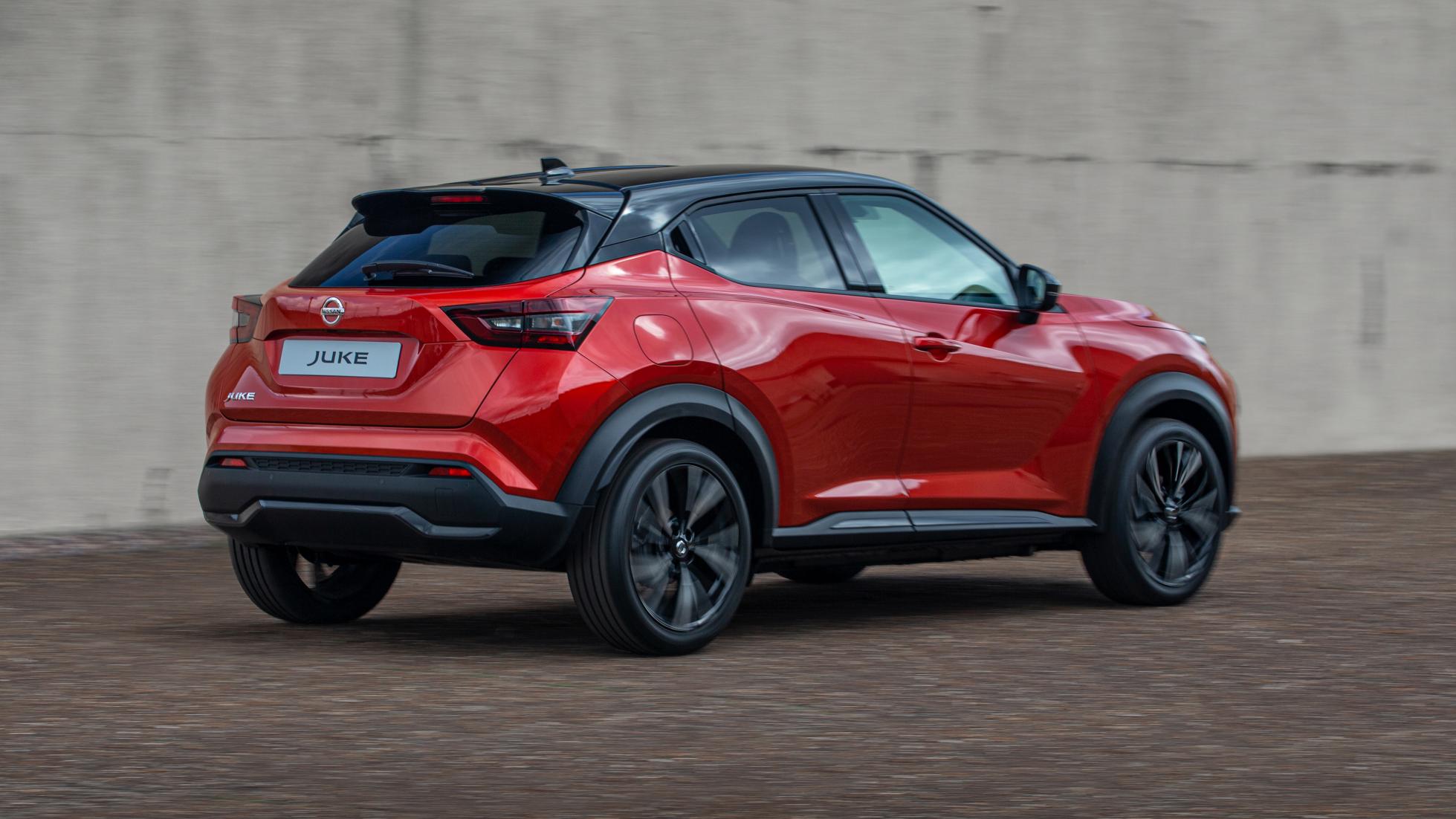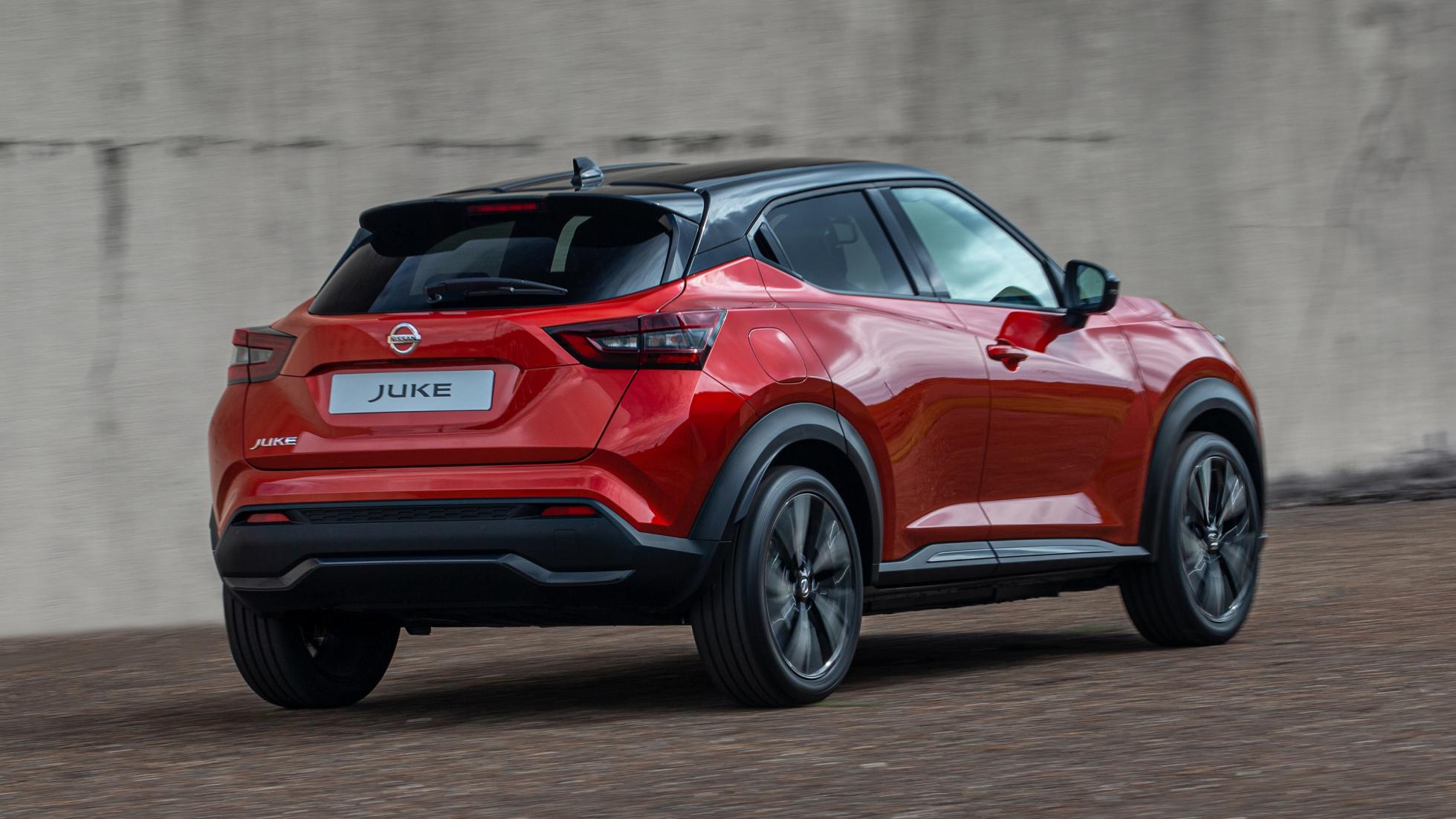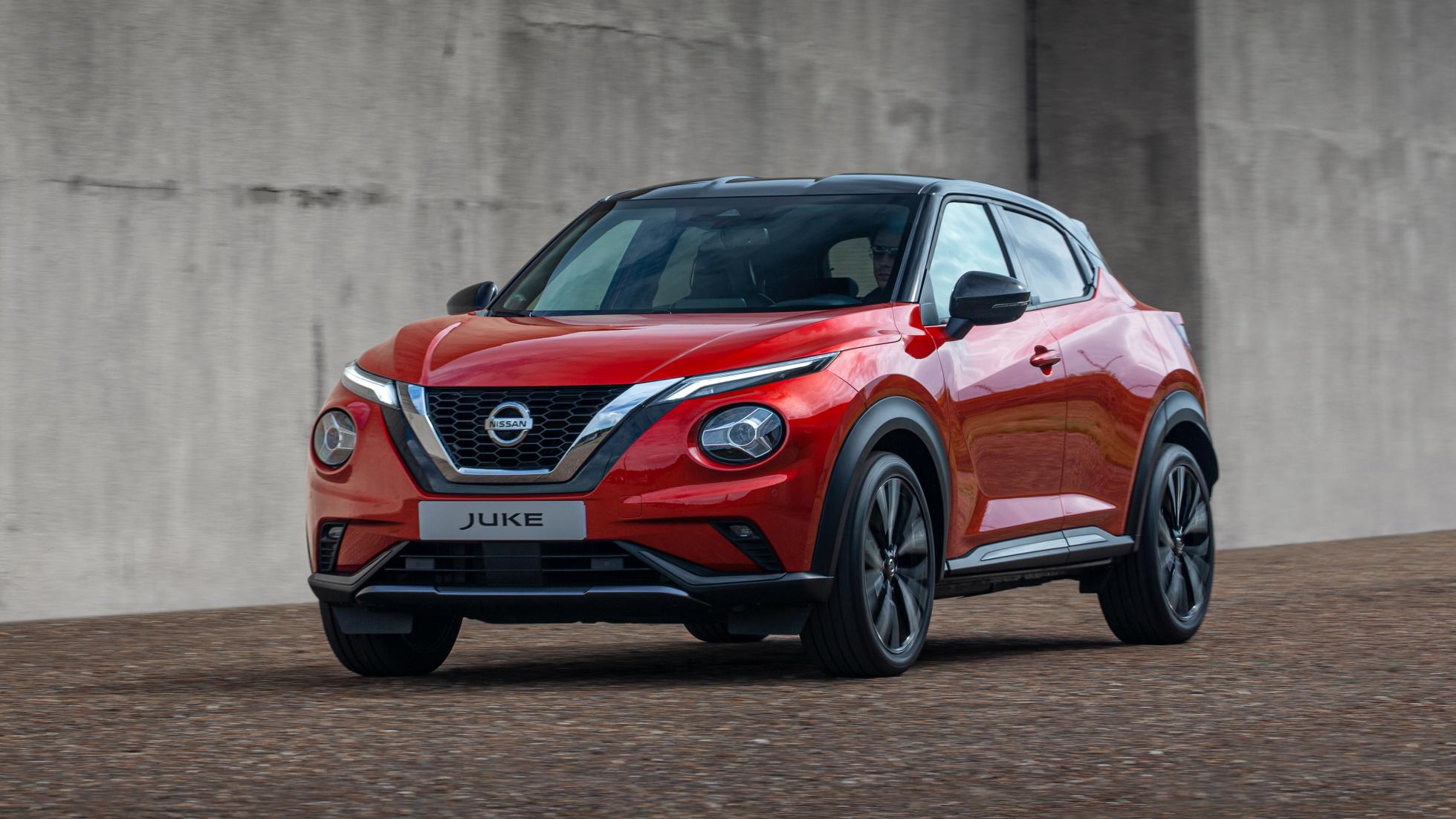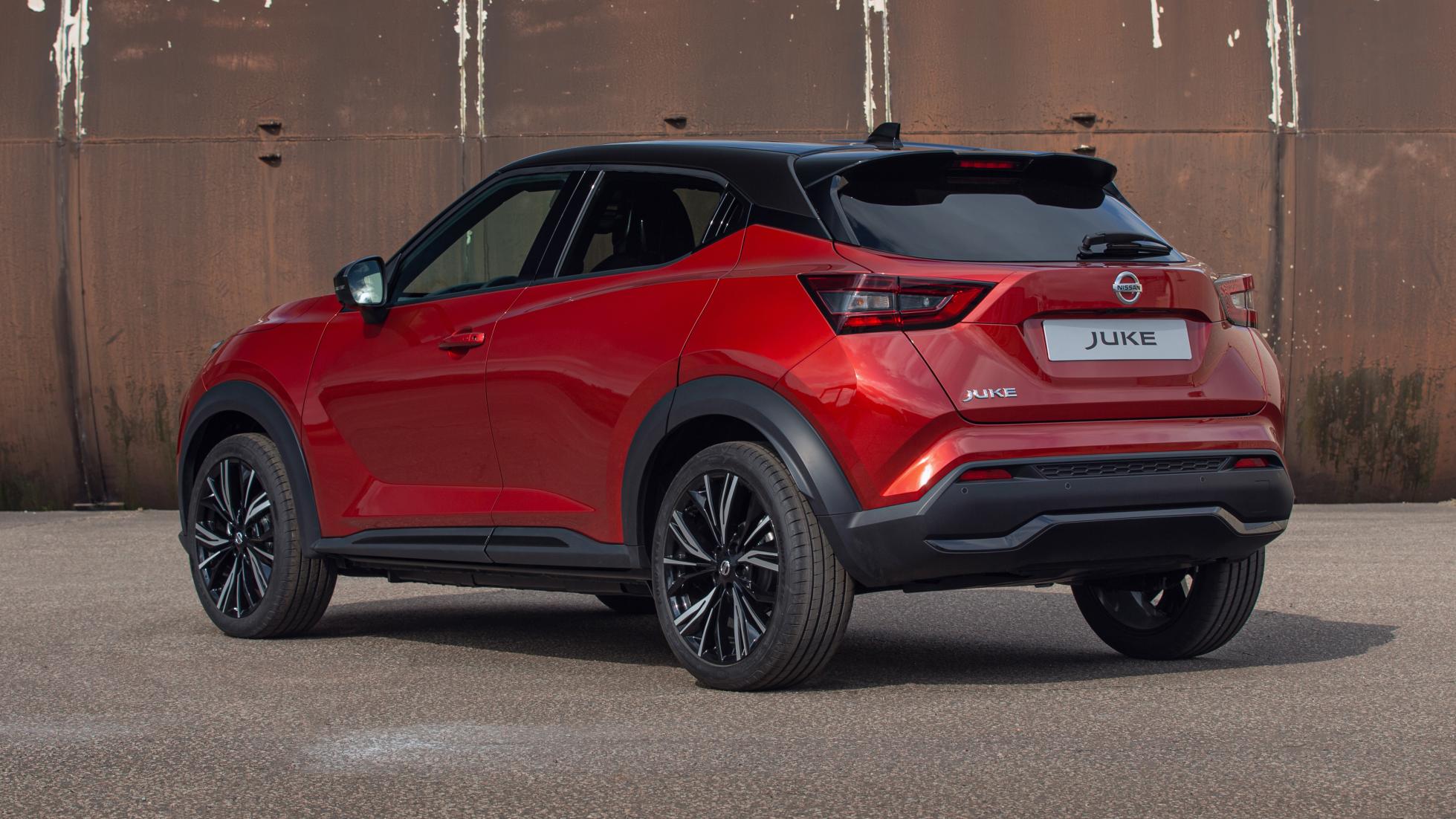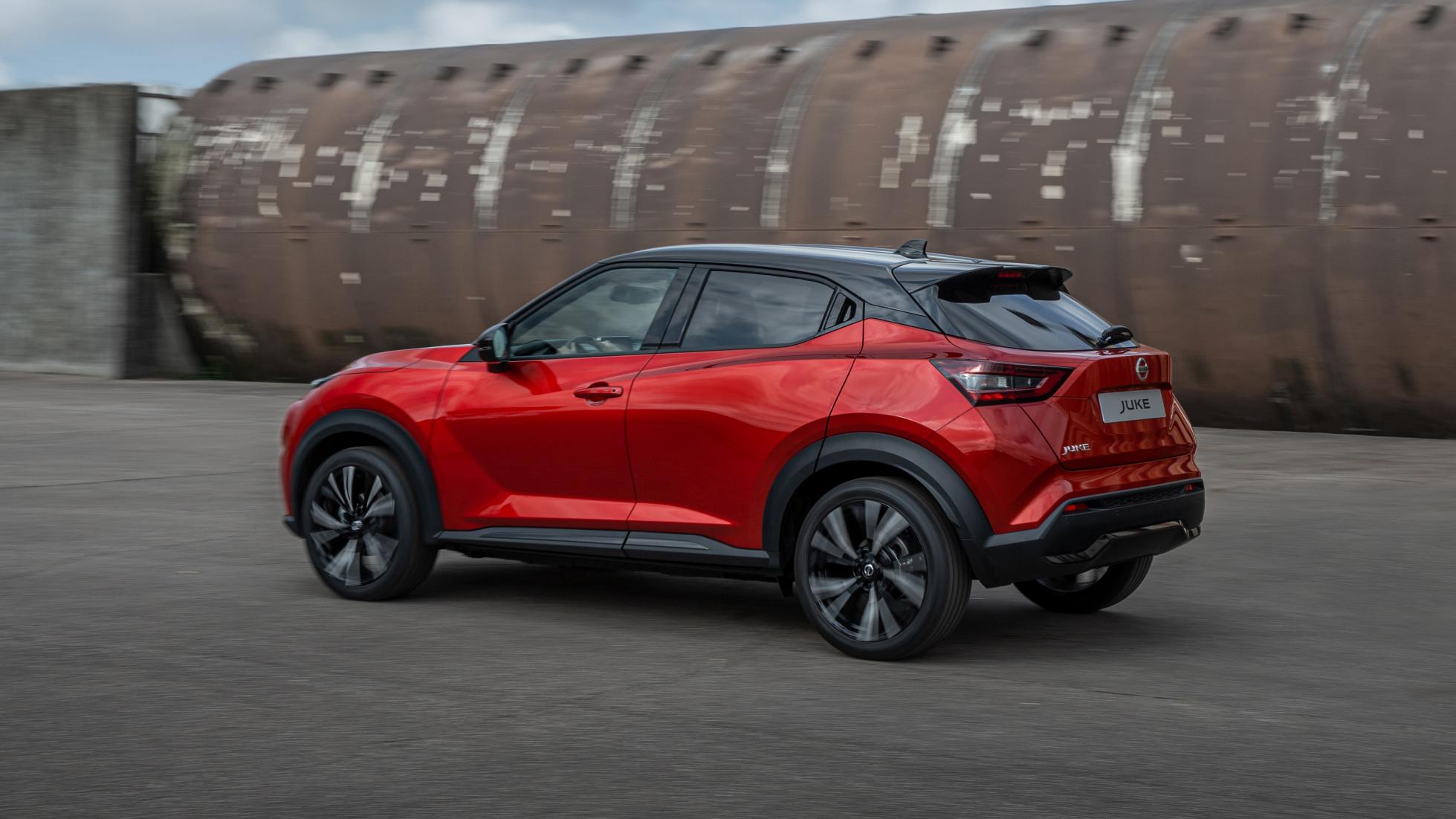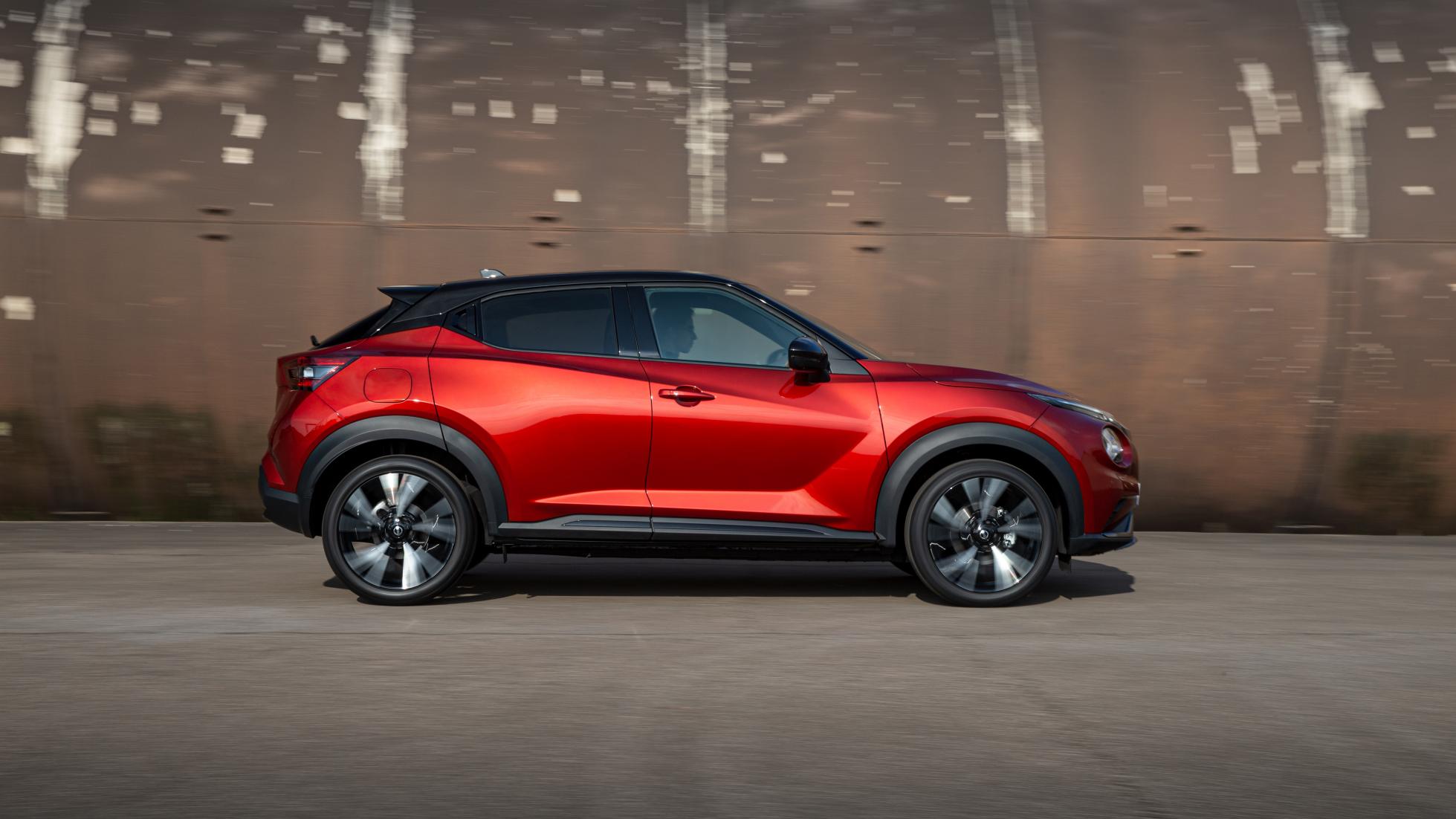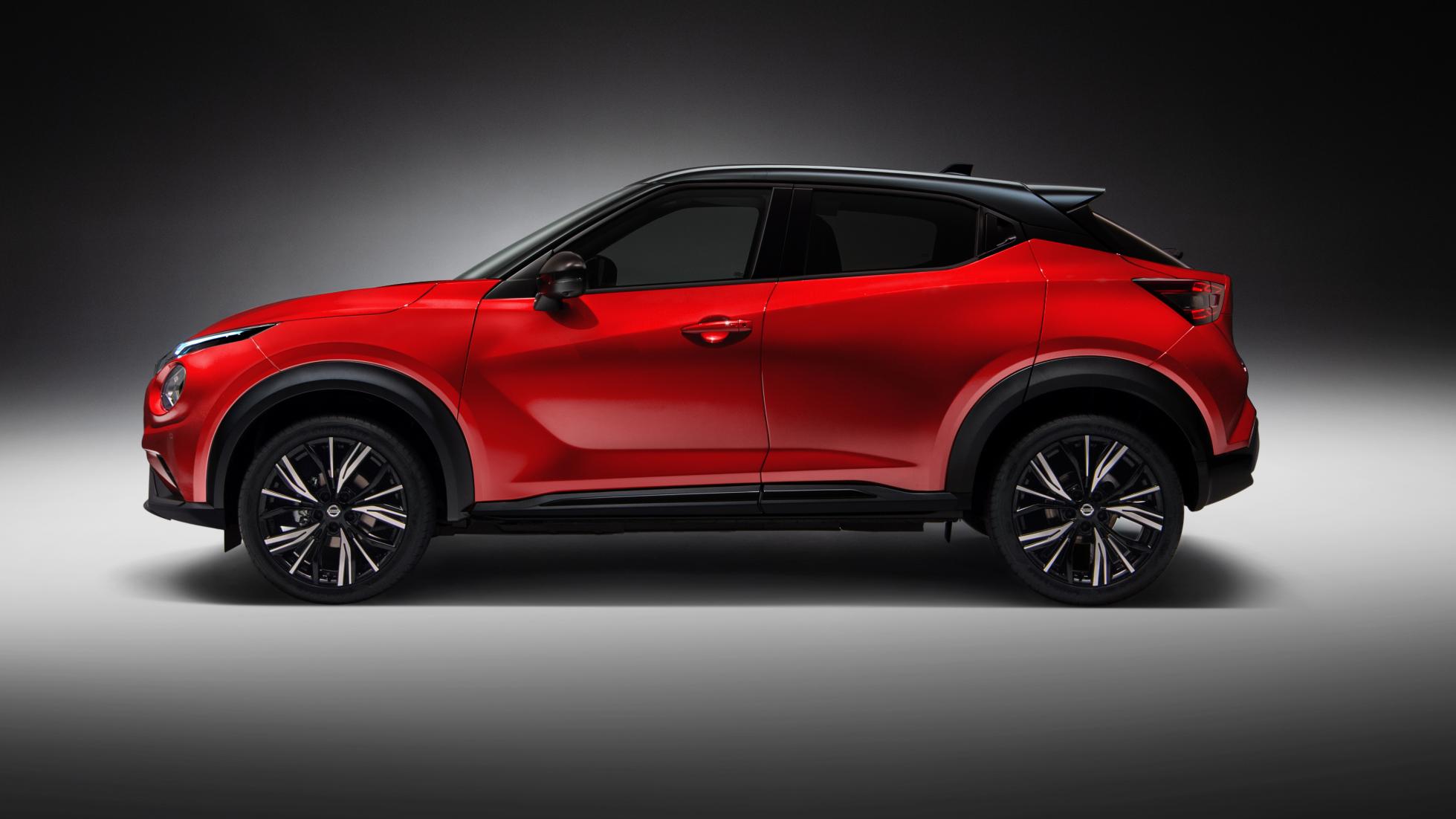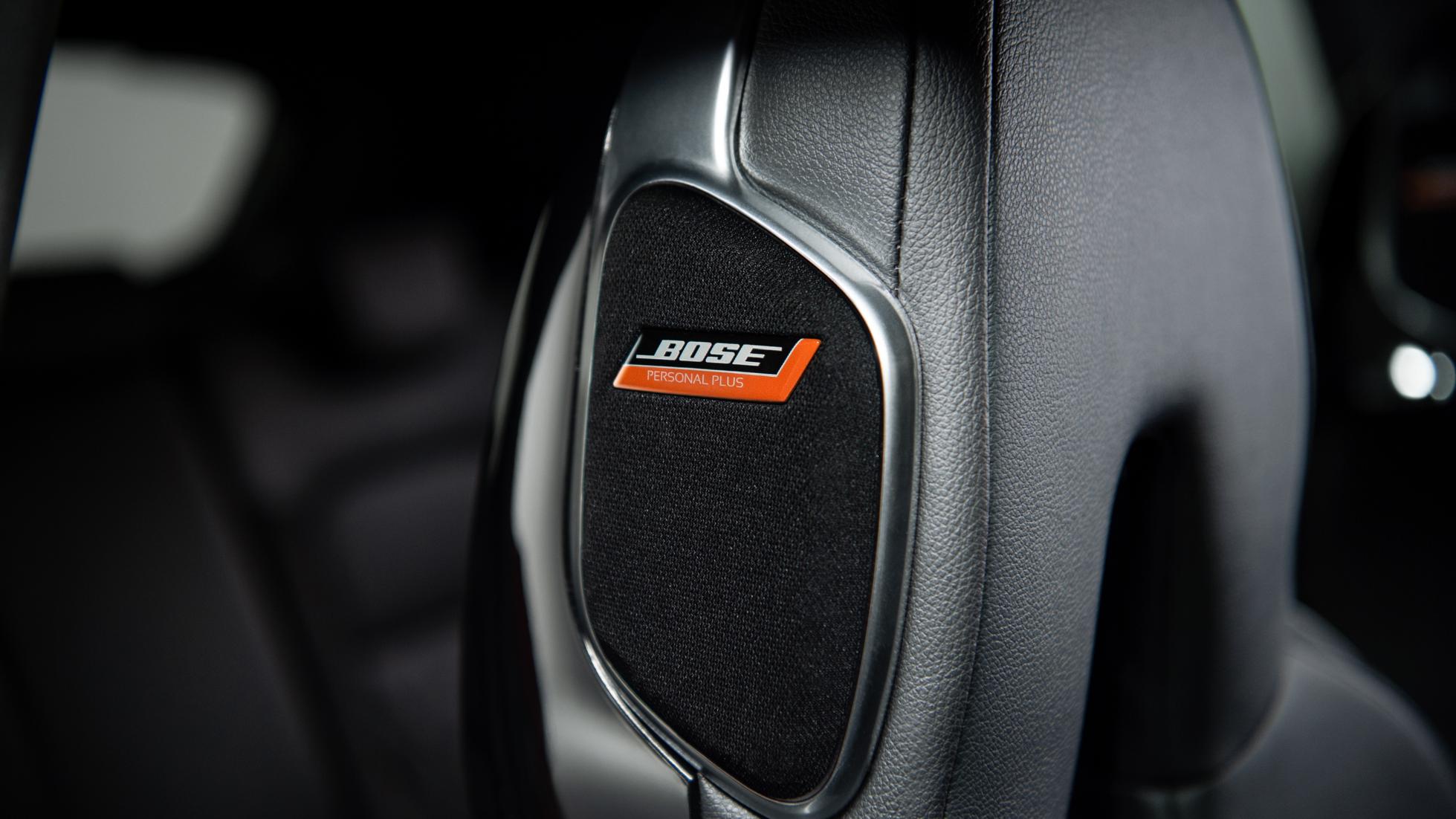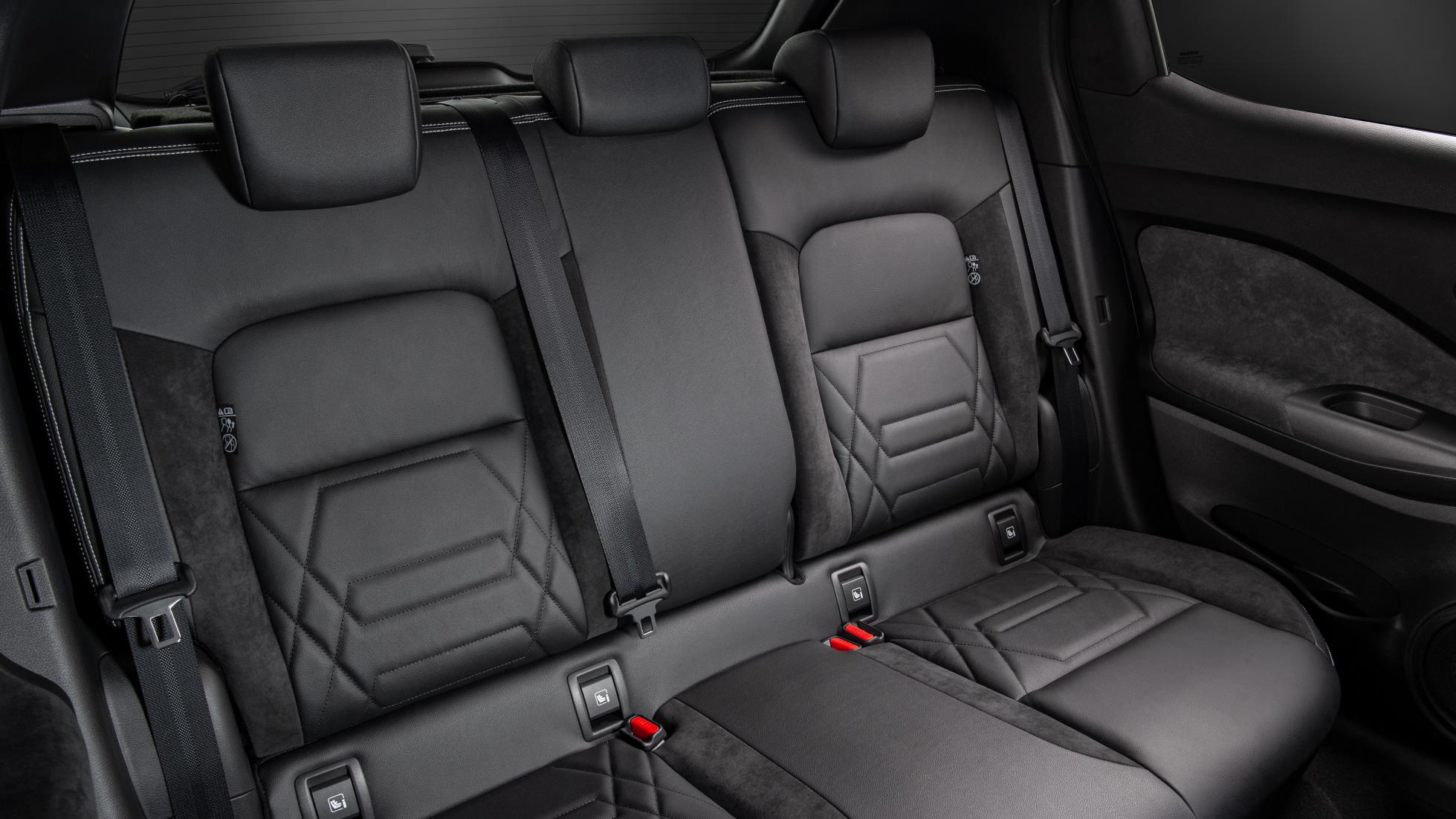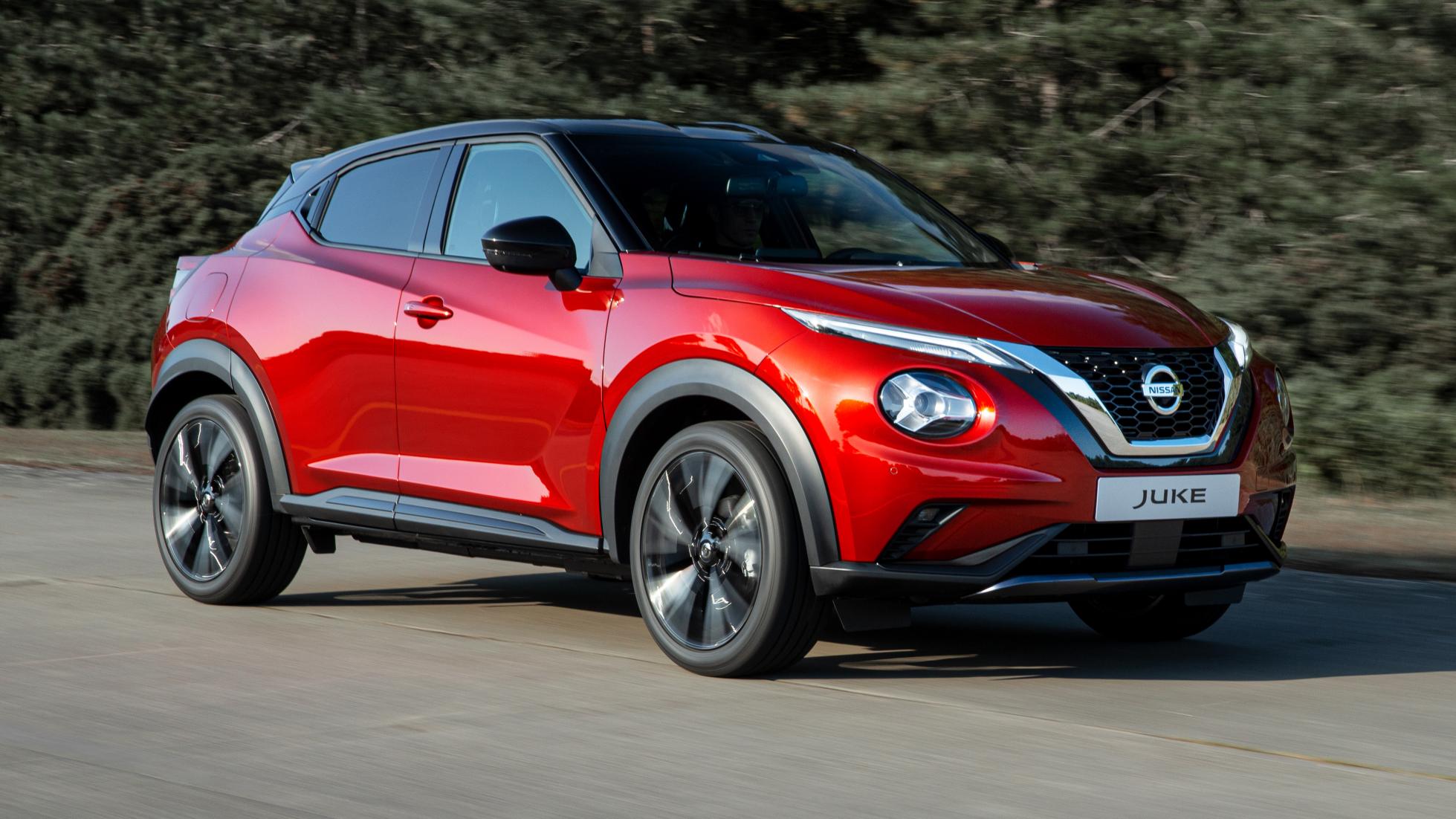
The Nissan Juke is a car that, when it was launched, had virtually no competitors. Now, after ten years and over a million sold, there are more than 20 “B-segment” SUVs on the market. Cars like the Renault Captur, VW T-Cross, Seat Arona, Mazda CX-3, DS 3 Crossback and Citroen C3 Aircross to name but six. Imitation is the sincerest form of flattery, and all that…
Just like it did with the Qashqai a couple of years before and the Leaf at around the same time, Nissan had invented a new kind of car that nobody knew they wanted: the compact crossover. A high-rise, less practical supermini with more headlights than you have hairs on your head.
And it reaped the rewards, especially in the UK, where the Juke is the company’s second best-selling model after the Qashqai. It routinely appears on best-seller lists. We buy a third of all Jukes built, for heaven’s sake. And where exactly are they built? Oh yeah, right here in the UK, up north in Sunderland.
The first Juke, like the first Qashqai and first Leaf, was somewhat revolutionary. The new Juke, like the current Qashqai and Leaf… isn’t. Instead it’s an admission of what was wrong with the old car. An evolution of the existing formula, rather than complete rewrite. The Qashqai and Leaf have since been caught and surpassed by the competition, but what of the Juke?
The main problem was space - insofar as it didn’t have any. So the new car, which is based on the same platform as the new Renault Clio and Captur, is bigger in every way. Significantly longer and wider - by 7.5 and 3.5 centimetres respectively (2.95 and 1.38 inches) - and with a much longer wheelbase (10.6cm, 4.17in), the new car’s boot is 20 per cent bigger than the old car’s. And there’s more room for people - adults sitting in the back seat ought to have sufficient knee- and head-room this time around.
Interior quality was an issue too, so Nissan’s smartened-up the cabin and chucked-in a load of new tech. Expensive ones get a big eight-inch touchscreen that gives Apple CarPlay, Android Auto and a Wi-Fi hotspot. You can even send destinations to the TomTom nav using a Google Assistant smart speaker. A fancy Bose stereo, with speakers in the driver’s and front passenger’s headrests, is optional, while many of Nissan’s active safety systems are standard on even basic Visia cars.
smartened-up cabin with a load of new tech
Bose speakers in the driver’s and front passenger’s headrests
Meanwhile, from launch the only available engine is a turbocharged 1.0-litre petrol with 115bhp. 0-100kph takes 10.4 seconds with the six-speed manual, or 11.1 with the auto. Which, thankfully, is no longer a drony CVT, but a seven-speed dual-clutch with wheel-mounted paddles. Torque is rated at 201nm, but only for 25 seconds at a time when you’ve got the throttle buried in the carpet.
Nissan would neither confirm nor deny plans for a hybrid or full EV, but it certainly seems likely it’ll electrify the Juke eventually. Especially given Renault has confirmed the Clio, with which the Juke shares a platform, will get a mild-hybrid petrol in 2020. As for a new Juke Nismo, meanwhile, “no plans”. Boo. Flawed as the old one was, it did have a certain charm about it.
You’ll have noticed Nissan hasn’t done much to the Juke’s looks. This is an all-new car, but it keeps the original’s polarising face. That’s what people want though, apparently, so Nissan has merely modernised the original’s features rather than given it all new ones. It’s worked hard to build the Juke’s image over the last ten years, and didn’t want to spoil things by doing anything too radical. It looks more mature, more refined than the car it replaces.
Production starts in November at Nissan’s plant in Sunderland (yep, despite Brexit), and deliveries will commence soon after. Prices start at £17,395 (approx. RM89,000) for the Visia, and rise to £23,895 (approx. RM122,000) for the Tekna+ range-topper. The DCT ‘box is a £1,400 (approx. RM7,100) premium. The Premiere Edition costs from £23,995 (approx. RM123,000) and will be limited to 140 cars.
